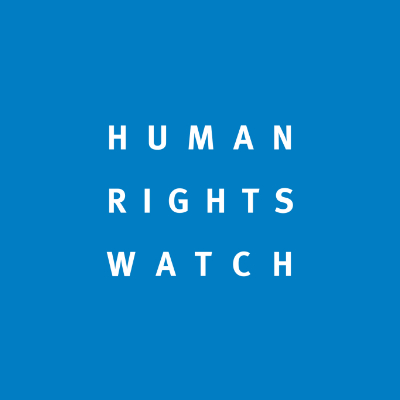 Human Rights Watch Article Rating
Human Rights Watch Article RatingMozambique: Civilians Prevented from Fleeing Fighting
- Bias Rating
-12% Somewhat Liberal
- Reliability
N/AN/A
- Policy Leaning
76% Very Conservative
- Politician Portrayal
-58% Negative
Continue For Free
Create your free account to see the in-depth bias analytics and more.
Continue
Continue
By creating an account, you agree to our Terms and Privacy Policy, and subscribe to email updates. Already a member: Log inBias Score Analysis
The A.I. bias rating includes policy and politician portrayal leanings based on the author’s tone found in the article using machine learning. Bias scores are on a scale of -100% to 100% with higher negative scores being more liberal and higher positive scores being more conservative, and 0% being neutral.
Sentiments
N/A
- Liberal
- Conservative
| Sentence | Sentiment | Bias |
|---|---|---|
Unlock this feature by upgrading to the Pro plan. | ||
Reliability Score Analysis
Policy Leaning Analysis
Politician Portrayal Analysis
Bias Meter
Extremely
Liberal
Very
Liberal
Moderately
Liberal
Somewhat Liberal
Center
Somewhat Conservative
Moderately
Conservative
Very
Conservative
Extremely
Conservative
-100%
Liberal
100%
Conservative

Contributing sentiments towards policy:
57% : Despite insisting that the situation is under control, the Mozambican government has requested international support and military assistance, mainly from the United States, the European Union, the Southern Africa Development Community, and Rwanda.48% : The African Union Convention for the Protection and Assistance of Internally Displaced Persons in Africa (the Kampala Convention) obligates African member countries to provide assistance to internally displaced people by meeting their basic needs, including allowing and facilitating rapid and unimpeded access by humanitarian organizations.
44% : As of April 15, the International Organization for Migration (IOM) estimated that 11,104 displaced people were living in the local primary school.
43% : From March to July, Human Rights Watch spoke by phone with 32 people, including displaced people, relatives of trapped Palma residents, humanitarian workers, army officials, and journalists.
41% : The United Nations Children's Fund (UNICEF) has reported that 46 percent of displaced people are children, many of them unaccompanied.
37% : The number of people in Quitunda, a community originally designed to house 300 families displaced by liquefied natural gas projects, is not known and the ongoing hostilities may have doubled the number of displaced people there.
31% : As of May 3, about 800 buildings in Palma appeared damaged, including 140 at an apparent encampment for displaced people erected in February-March and most likely destroyed by fire between April 26 and May 3.
*Our bias meter rating uses data science including sentiment analysis, machine learning and our proprietary algorithm for determining biases in news articles. Bias scores are on a scale of -100% to 100% with higher negative scores being more liberal and higher positive scores being more conservative, and 0% being neutral. The rating is an independent analysis and is not affiliated nor sponsored by the news source or any other organization.





















